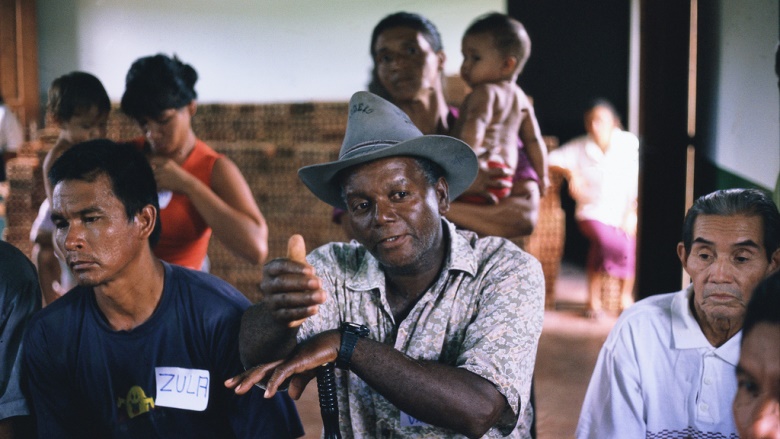Protecting the poor and the environment is at the center of the work we do in our projects. The World Bank’s safeguard policies govern how potential harm to people and the environment is identified, avoided and minimized.
The World Bank is currently reviewing and updating these policies, which were developed over the past 20 years. On August 4, 2015, the World Bank launched the 3rd consultation phase on a new proposed Environmental and Social Framework.
The start of these consultations is the next stage of a long journey. There are a wide range of complex and significant issues still to be addressed and great diversity of views both on principle and on specific language. The challenge of reaching agreement across 188 countries is clear. In the end, the World Bank’s Board of Executive Directors will decide on the outcome of the review.
The consultation will continue in more than 30 countries. The first stop will be in Angola, where the World Bank will consult with the Ministers of Finance of African countries. After that, teams of seasoned World Bank safeguards specialists will consult with governments and other stakeholders until the end of the year.
The review of the World Bank’s safeguard policies began in 2012 with the goal to:
- Enhance protections for the poor and the environment through modernized standards;
- Provide inclusive access to development benefits through the introduction of a non- discrimination principle;
- Strengthen partnerships with borrowing countries through closer cooperation and increased use of borrower frameworks; and
- Strengthen the World Bank’s leadership through a modernized safeguards framework.
This reform touches on complex development matters, including Human Rights, climate change, and a number of social issues. Consultations on the first draft Environmental and Social Framework showed a wide range of views among shareholder governments and civil society groups. When the Committee on Development Effectiveness (CODE) of the World Bank’s Board of Executive Directors discussed the second draft of the proposed Framework, consensus emerged on the overall architecture and some of the proposed provisions. However, many issues remained open. CODE authorized consultations in order to continue efforts to find solutions where views are divided. Executive Directors requested thepreparation of an indicative list of outstanding issues to guide discussions throughout the consultation process.
Consultations will also focus on the feasibility to implement the proposed provisions on the ground and on the potential impact of the proposed Framework on Borrowers. Throughout consultations, the Bank will work with Borrowers to identify any additional support needed to implement the proposed provisions.
The feedback received during consultations will inform the third draft Framework and the discussions of the World Bank’s Executive Directors as the reform of the safeguard policies proceeds.
Consultations will be a mix of technical discussions and general consultations. We will host implementation workshops to consider project case studies with technical experts that implement safeguards on the ground. In addition to workshops and other face-to-face meetings, we will make use of a number of online channels to engage with stakeholders and will host globally accessible online consultations. A dedicated consultation web page provides a platform for shareholders and stakeholders to contribute to the discussion.
The scope of consultation topics sets a challenging program. There are 52 issues on the list (the full list can be accessed here). This comprehensive discussion is necessary. The World Bank has 188 member states. All need to be at the table as we work toward a new, practical and effective generation of environmental and social safeguards.

